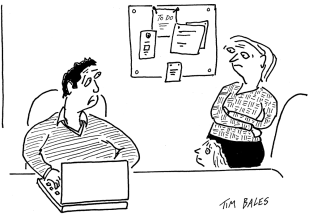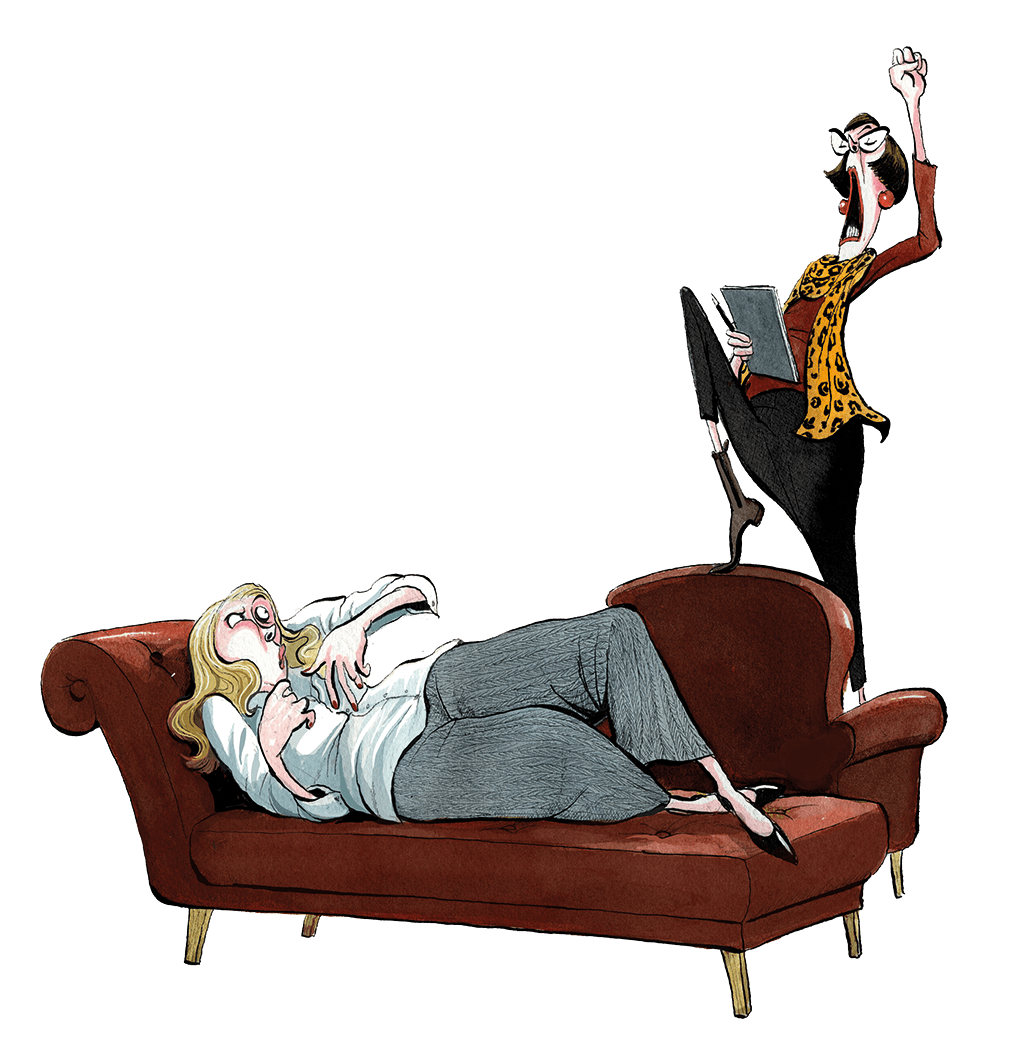
A young Chinese girl, at school in an English-speaking country, approached me after I gave a talk at a conference and asked for my advice about what she should study. I knew nothing of her, except that she was pretty, with beautiful dark eyes, and was almost certainly of high intelligence. I was touched by her naive assumption that I would answer benevolently and in her best interests. It suggested that she had not yet encountered much of human malignity. ‘What are you interested in?’ I asked.
‘I was thinking of history and psychology.’
‘Ah,’ I said, ‘definitely not psychology, at all costs not psychology.’
My answer emerged spontaneously, without any reflection – too spontaneously, in fact. I have never entirely overcome my early awareness that I was a child in a world of adults and that everyone around me therefore had more authority than I. That anyone such as this girl should now consider me an authority therefore seemed to me strange; I could hardly credit the idea that in her eyes I might be a sage, or that my answer could play a part in determining her future and that I had a great responsibility to weigh my words carefully. For me, our conversation was initially one between equals, a casual one such as between people at a party; because I had never fully grown up and reached the awe-inspiring status of the adults of my childhood, I failed to appreciate that a conversation between a 75-year-old man and 16-year-old-girl can never be one between equals.
‘Why?’ she asked, with regard to my interdiction of psychology.
‘Because it will turn you in on yourself. It will make you self-obsessed. Most students of psychology want to learn about themselves. It never works. No explanation is ever satisfactory to them. They enter a labyrinth from which there is no return. I don’t know why you want to study psychology, but if it is because you want to find out about yourself, abandon the search straight away before it is too late. You don’t need to find yourself; you need to lose yourself.’
I seemed to have struck a chord, for finding out about herself was one of her motivations for choosing psychology.
‘What should I study, then?’
‘Anything that really interests you that has nothing whatever to do with you.’

I retreated slightly from my dogmatism. By now, I realised that I had changed mode, from that of equal to that of guru, and that she was looking at me as a fount of wisdom and truth. Perhaps I would be responsible for having turned her from what would have been a satisfying path in life, a cause of long-term regret.
People come to think of themselves as objects rather than subjects, almost as laboratory specimens
‘Of course, if you have other reasons for wanting to study psychology and you are passionate about it, I wouldn’t want to discourage you.’
But in retreating from my original position, I was not being entirely sincere. For in truth, I believe that the study of psychology, notwithstanding the assistance that it may give in some cases, has been a cultural, and even a psychological, disaster. Not only have its ideas filtered their way down into the general population, but so has the notion that the study of psychology is the best possible way to understand the human predicament. People now turn to psychology rather than to literature for an explanation of the difficulties in living that mankind eternally has. A technocratic solution is the pot of gold at the end of psychology’s rainbow.
Psychology has the effect of alienating people from themselves. They come to think of themselves as objects rather than subjects, almost as laboratory specimens, or as feathers in the wind of circumstance rather than as contributors to their own lives. I do not wish to deny that featherdom, so to speak, really occurs, but it is not the normal condition of mankind, certainly not in daily life in the modern world. It is both the burden and the glory of being human that our life entails constant and inescapable choice. Psychology supposedly relieves us of that burden, but in the process destroys the glory.
The desire to avoid the realisation that we are often at least the partial author of our own downfall is an old one, and probably inherent in human nature. Edmund refers to this tendency in King Lear as ‘an admirable evasion of whoremaster man to lay his goatish disposition to the charge of a star’: in other words, to explain his actions by reference to anything except himself. In psychology, himself ceases to be himself; he starts to talk of himself with pseudo-objectivity; and even the most unimaginative person can come up almost instantaneously with ingenious mechanistic explanations of his wrongdoing when it is necessary or advantageous to do so. I should be surprised if any reader had never in his life made use of this powerful faculty of mind. I should add that no one goes to much trouble to explain his good, kind or generous actions, which do not puzzle him.
The habit of thinking psychologically – that is to say, with the concepts, however superficially or mistakenly, of psychology – places a distorting lens of theory between a person’s behaviour and his explanation of that behaviour. He becomes even for himself a mere vector of forces that he is powerless to control: in short, a victim.
Of course, in a sense we all think psychologically, and much more is available to us by way of explanation than we customarily employ. Doctor Johnson said ‘He who attends the motions of his own mind will find…’: our problem is that we will not examine the motions of our own minds, either from laziness or fear of what we might find there. Dryden said of Shakespeare that ‘he was naturally learned; he wanted not the spectacles of books to read nature; he looked inward, and found it there’.
Imagine Shakespeare with the spectacles of psychology. Falstaff on the couch (reinforced of course, as so much furniture in the NHS nowadays has to be); Richard II on Prozac; Richard III in group therapy; Hamlet having CBT. What progress in human self-understanding that would represent.








Comments